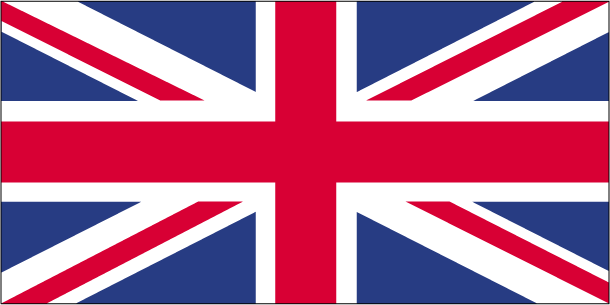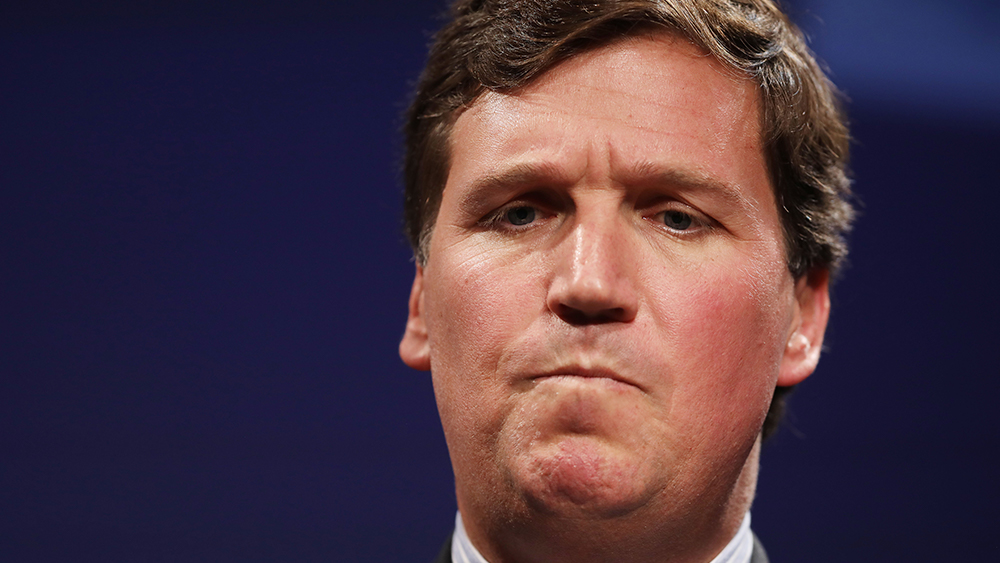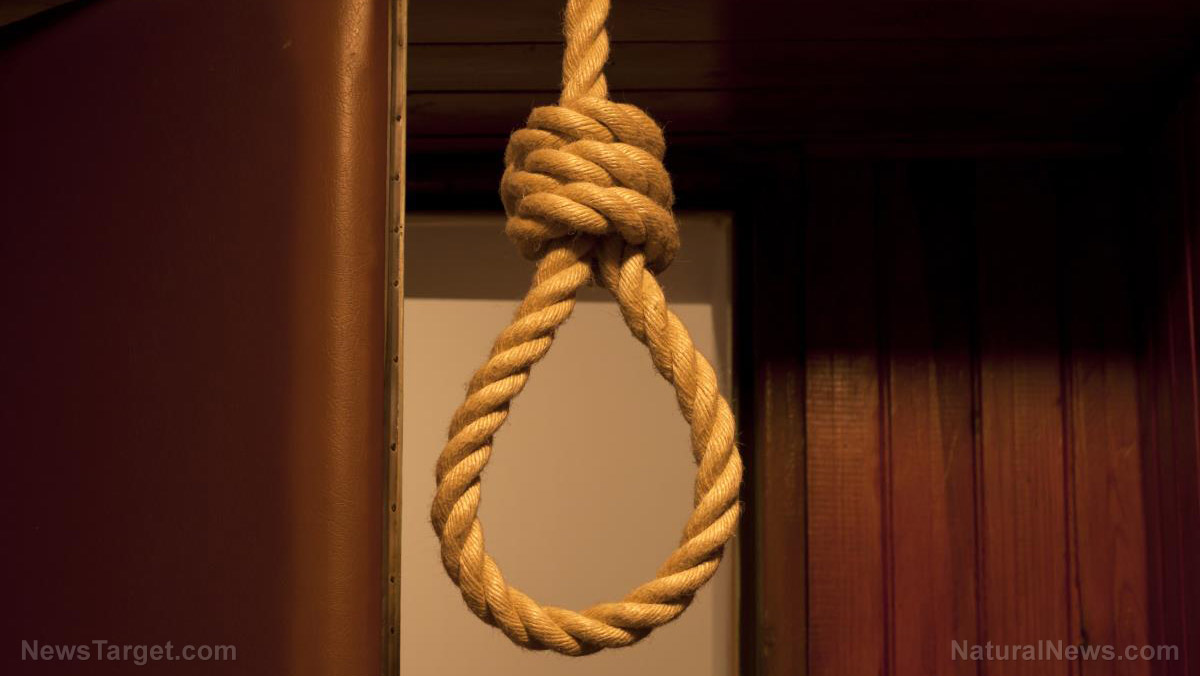
Spy Kids, an American movie featuring kids as spies, is cool. But legislation that allows the recruitment of children to spy on their parents is definitely not cool.
U.K. Prime Minister Boris Johnson drew flak for supporting the controversial Covert Human Intelligence Source (CHIS) bill. Brendan O'Neill, online editor of Spike called Johnson's move "quite Orwellian."
O'Neill states that the development is "pretty shocking" and highlights how Boris Johnson has been a "fairly disappointing" prime minister especially on issues of liberty.
"This is really, really dodgy," O'Neill said. "Everyone accepts the need for covert human intelligence, we need spies we need to break up terrorist groups. But recruiting children to watch their own families, spy on their families, there's something quite Orwellian about that. What we have now both the right and the left in different ways support children spying on their own families."
On Jan. 27, the House of Commons disagreed with the reasons for the amendments to the bill which is will now go back to the House of Lords for consideration on Feb. 9.
The amendments from the House of Lords aimed to curtail the use of children in spy activity.
In its current incarnation, the bill would allow children to spy for government agencies if their actions would prevent or detect crime – permitting even those over the age of 16 to be recruited to report their parents if the latter are suspected of involvement in criminal or even terrorist activities.
It allows state agencies such as the intelligence service, the military and the police, to use children as undercover agents, as long as there is a senior executive overseeing the operation. (Related: German government accused of spreading propaganda brochure that trained children to spy on their parents.)
Last year, the high court ruled police recruitment of children was lawful.
CHIS bill faces strong opposition
Iain Duncan Smith, the former Tory leader, and David Davis, former Brexit secretary, were among Tory Members of Parliament (MP) backing proposals to restrict the use of children as spies when the bill returned to the Commons.
Davis told the Telegraph that the government faces a major backlash if the bill pushes through.
"Everyone I have spoken to has been horrified by it when it has been explained to them," he said. "It will allow 16- and 17-year-olds to spy on their parents. It also authorizes them to commit crimes as well, so it needs to be extremely tightly controlled and those controls need to be greater than what the government is proposing."
Duncan Smith said: "Once you start taking action like this to put spies in people's homes whatever the purpose, this does have complications. It is very important for government to recognize that this is not something that should be easily done in a democratic state."
The government was defeated on its plans in the House of Lords by a vote of 339 to 254 last month. But with the House of Commons rejecting most of the amendments made by the Lords, a ping-pong battle is likely to ensue.
Opposition in the upper house is formidable – led by Lord Young, a former Tory chief whip and cabinet minister. Also opposing the bill were 79 crossbenchers, four bishops, the Labor Party and Liberal Democrats.
"If your 16- or 17-year-old child was arrested for shoplifting, the police would have [told] you and ensure an appropriate adult was there when you spoke to them," said Labor MP Stella Creasy, who has led the parliamentary campaign against the plan. "But here they are creating a loophole to recruit child spies without any such protection. The government faces strong opposition in the Lords and in the Commons too and must urgently rethink its plans."
Follow Surveillance.news for more news and information about surveillance and spying.
Sources include:
Please contact us for more information.














